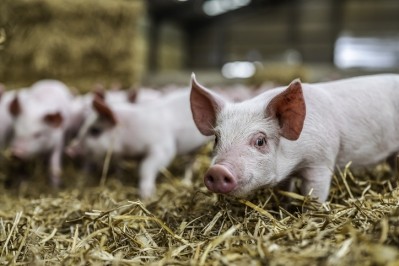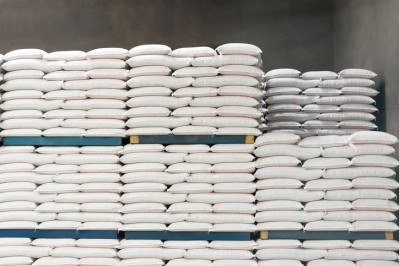Call for AgTech revolution to embrace the whole feed to food supply chain
He spoke to this publication at One, the Alltech Ideas’ Conference, in May about how there could be greater use of Internet of Things (IoT) technology in the feed and agricultural sectors and the challenges that are preventing that from happening quicker.
“Traditionally, if you think about AgTech, people always think about the farmer, but, realistically, a lot of the data that you pull, off the farmer, for example, can have implications for the feed mill, the consultant, and, of course, the processor and the retailer.
"The data each of those groups needs are different, and yet, very often, we’re evaluating and looking at technologies through one lens.”
The advantage provided by IoT connectivity means data collected can be accessed and leveraged by multiple stakeholders.
Shortening the chain
“Fundamentally you have all of these different technologies that are shortening the chain and what that means is there is much quicker and better communication up and down the food chain. However, we need to make sure that information is democratized up and down the chain.
“At the moment farmers are quickly adopting technologies, but there seems to be a huge focus on farmers, and I would say that feed mills are observing what is happening on the farm without necessarily jumping in and getting involved. I think that’s not through a lack of wanting to, but I think they [the feed mills] have not been given the opportunity.
“A lot of the AgTech companies are targeting farmers, they’re not thinking about the full food chain. These are start-ups that are very specific about what their target is in the food chain, and I think the feed mills are not clear on the benefits to them, but there are many benefits and it would be good if they understood more.”
The winners in the future are going to be the companies that look at the whole food chain holistically as opposed to just one or two touchpoints along it, he said.
“In our [Keenan's] case, because we have knowledge of what is being fed on farm every day, we can assist with all the inventory on the farm. We can help with forecasting and timing of feed production – we know when the farm is going to run out – and we can provide advice on formulation, or at least provide data that supports the feed mill on formulation … and we can help monitor the performance, which helps the feed mill justify the use of higher value ingredients.”
The use of digital technology, however, cannot be simply added to existing practices, he said. There needs to be an accompanying change in business model and perspective.
Along with that understanding and wider perspective of stakeholders in the food chain, more trust and identification of benefits may be needed to support the spread of AgTech, he said.
The adoption of blockchain might help with this process, he said.
“There’s going to have to be more collaboration,” said Walker. “And I think traditional roles are going to change.”
Not all animal production sectors have reached the same place in terms of addressing or adopting digital technology, said Walker. More integrated production systems, like those for pork or poultry, may have a more straightforward path in the use of traceability and sustainability orientated technologies, for example, he said.
'Make it as exciting to work for a feed mill as it is to work for Google'
However, the production segments that have not seen as much progress also offer more room for innovation and opportunity, he said.
The perception of the feed industry by outsiders can be a hindrance to attracting more feed orientated AgTech:
“We’re an industry that traditionally has been regarded as very staid, not very dynamic and quite mono-cultural,” said Walker. “There has been a tide change. It’s a different sector, we’re now a dynamic, exciting place to work, where technology has completely changed the industry and I think we need to be advertising that fact.”
“Making it as exciting to work for a feed mill as it is to work for Google, or one of the big tech companies – we need to make it more aspirational for people … because with people will come innovation.”













